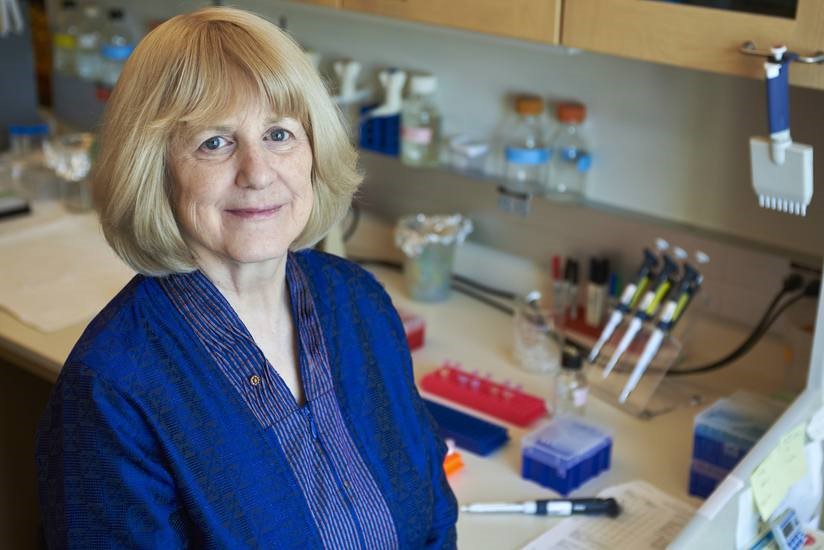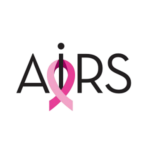
Affecting one in eight women in the United States, the impact of breast cancer touches nearly everyone. We want to celebrate the accomplishments of advocate and geneticist Mary-Claire King, whose ground breaking research revolutionized the diagnosis and treatment of breast cancer.
Born in a suburb of Chicago, Mary-Claire King developed an interest in solving mysteries and mathematical puzzles at an early age. At the age of fifteen, she lost her best friend to cancer, a traumatic event she links to her later research goal of advancing understanding of cancer. After graduating from Carleton College with a degree in mathematics when she was just nineteen, King began pursuing her Ph.D. in genetics at the University of California, Berkeley.
In 1990, King and her colleagues proved the existence of the first gene to be associated with hereditary breast cancer.
The typical human has 23 pairs of chromosomes, appropriately numbered 1-23. A chromosome that is especially important in the field of breast cancer is Chromosome 17.
Chromosome 17 contains a gene called Breast Cancer 1–often referred to as BRCA1. When working correctly, the BRCA1 protein of this gene repairs or —when necessary—destroys DNA cells. By doing this, BRCA1 stops tumors from growing.
A mutation in the BRCA1 gene impedes the BRCA1 protein from doing its job of tumor suppression. This, in turn, allows cancers to grow, specifically ovarian and breast cancer.
This demonstrated that breast cancer is genetically inherited in some families. The discovery of BRCA1 and subsequent genetic testing for this gene has allowed for better treatment options for women, including preventative surgery and chemoprevention.
Simply put, breast cancer can run in families, and increased cancer risk can be passed down from either a mother or a father to their sons and daughters. It is important that both men and women are tested for the gene because either party can be at risk for breast cancer and/or pass the gene down to their children.
In May 2016, King was honored by President Obama and received the National Medal of Science Award for her important contributions in advancing the fight against breast cancer.
King is also a vocal supporter of breast cancer awareness and related programs. She advocates for the screening of all American women aged 30 or over for cancerous mutations, which is a major departure from current guidelines, which discourage screening unless a cancer diagnosis exists or a woman has a family history of breast or ovarian cancer.
At the 2014 World Science Festival, King said “Every woman in America of any race or ancestry should be offered this opportunity when she’s in the midst of childbearing or beginning childbearing. You only need to be tested once, and the vast majority of women will not have a mutation and can go about their life. The actual cost is minimal. But women who do learn they have a mutation can develop a prevention plan”.
For more information on men being carriers of BCRCA1 gene click here.

